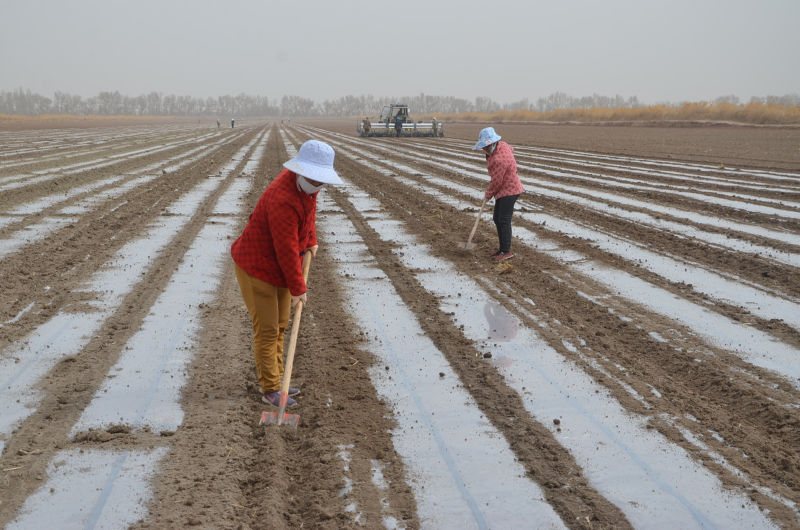The European Union is planning to ban products made with forced labour imported into the 27-nation regional bloc in a move spurred by lawmakers’ concern over human rights in the Xinjiang province in China.
The push for a ban under draft EU rules – seen as likely to increase strains in the bloc’s trade relations with Beijing – is expected to be announced on Tuesday Sept 13.
The move follows similar action by the United States, which enacted a blanket ban late last year on all imports from Xinjiang province because of long-running allegations of serious rights violations – such as torture, arbitrary detention, sterilisation and forced labour – committed against Muslim Uyghurs and other minorities.
The Uyghur Forced Labour Prevention Act (UFLPA) aims to safeguard the US market from products potentially tainted by human rights abuses in Xinjiang. The US government accuses China of committing genocide against Uyghur Muslims in the western province.
ALSO SEE: China Should Release All Detainees in Xinjiang, UN Says
Larger Entities to be Targeted
The EU ban will use the International Labour Organisation’s definition of forced labour and focus on all products made from forced labour, both within the region and abroad.
It will apply to all products or components where forced labour has been used at any stage of their production, harvest or extraction, according to a confidential draft paper seen by the Financial Times.
The FT quoted Henrike Hahn, a German Green Member of the European Parliament, as saying: “We are not like-minded friends of the totalitarian regime in China. We demand a ban on imports of products from Chinese forced labour and on products from Chinese companies in general produced with forced labour.”
But the European Commission’s draft rules are less far-reaching than what EU lawmakers have proposed, partly because of legal constraints. The EU executive will need to thrash out details with them and EU countries before the rules can become law.
The rules would target larger economic operators such as importers, manufacturers, producers and product suppliers because the risks of forced labour are most prevalent and the impact likely to be the largest, the draft paper said.
However, the onus would be on national authorities to prove that forced labour was involved in making and processing the products.
They can then get customs bodies to block the circulation of the products or withdraw them from the market.
A database of forced labour risk in specific geographic areas or specific products made with forced labour imposed by state authorities would be set up and made available to the public.
China denies abuses in Xinjiang, a major cotton producer that also supplies much of the world’s materials for solar panels, and says the law “slanders” the country’s human rights situation.
- Reuters with additional editing by Jim Pollard
ALSO SEE:
China Has Expanded Its Nuclear Testing Site in Xinjiang – Nikkei
US Ban on Xinjiang Could Hit Global Solar Panel Industry
CNPC Drills China’s Deepest Gas Well in Xinjiang – Xinhua
US Ready for Xinjiang Goods Ban: Customs Official
Tesla Criticised Over Showroom in China’s Xinjiang Region
























